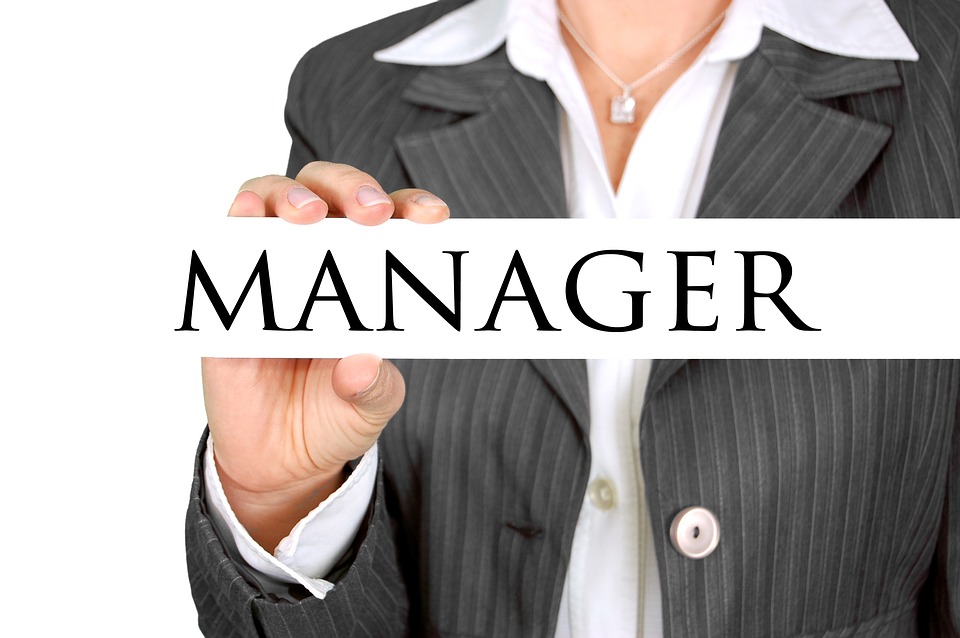Emergencies are a fact of life. Whether it’s a sudden medical need, a car repair, or a home emergency, unexpected expenses can arise at any time. That’s why it’s so important to have a strong emergency fund in place.
What is an emergency fund, you might ask? An emergency fund is a pot of money that you set aside specifically for unexpected expenses. It’s not for planned expenses like a vacation or a new TV, but for things that you can’t predict. And having a strong emergency fund can make all the difference when those unplanned expenses arise.
One of the key benefits of having a strong emergency fund is the peace of mind it brings. Knowing that you have a financial cushion to fall back on in case of an emergency can alleviate a lot of stress and anxiety. Rather than panicking about how to cover unexpected expenses, you can rest easy knowing that you have a plan in place.
Having a strong emergency fund also provides a sense of financial security. If you were to lose your job or face a sudden decrease in income, having that fund in place can tide you over until you get back on your feet. It can prevent you from going into debt or relying on credit cards to cover your expenses during tough times.
In addition to peace of mind and financial security, a strong emergency fund can also prevent you from making rash financial decisions in the face of an emergency. When you have money set aside specifically for unexpected expenses, you won’t have to resort to taking out high-interest loans or utilizing credit cards with high interest rates. This can save you a lot of money in the long run and prevent you from getting into debt.
So, how much should you have in your emergency fund? Financial experts typically recommend having three to six months’ worth of living expenses saved in an emergency fund. This amount can vary depending on your individual circumstances, such as job stability, health, and other sources of income. But having at least three months’ worth of expenses saved is a good starting point.
Building a strong emergency fund takes time and discipline, but it’s well worth the effort. Start by setting a specific savings goal and consistently contributing to your emergency fund each month. It might mean making some sacrifices in the short term, but the peace of mind and financial security that comes with having a strong emergency fund are priceless.
In conclusion, having a strong emergency fund is crucial for financial stability and peace of mind. It can provide a safety net in times of crisis and prevent you from going into debt in the face of unexpected expenses. So start building your emergency fund today and give yourself the gift of financial security.
















